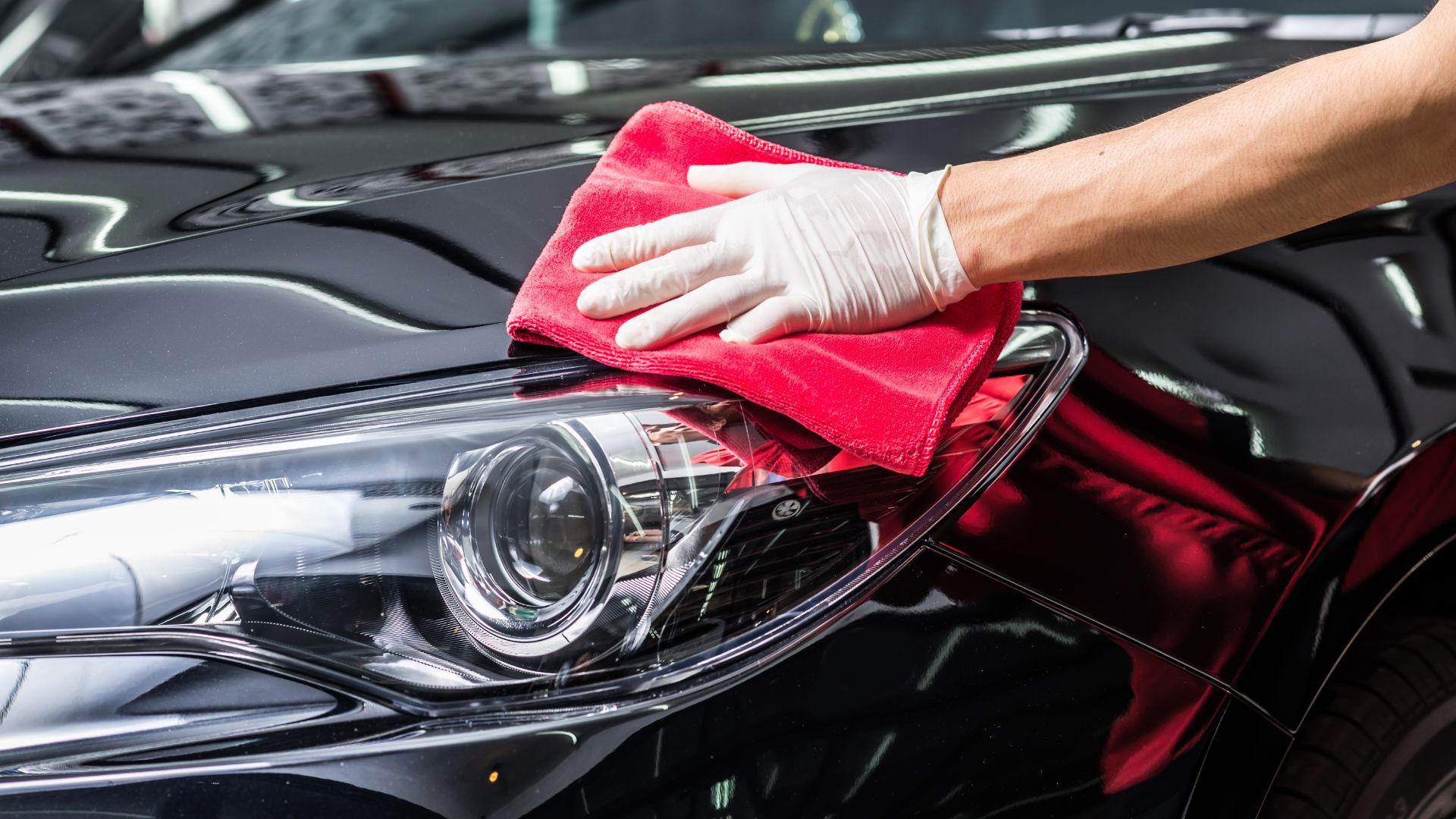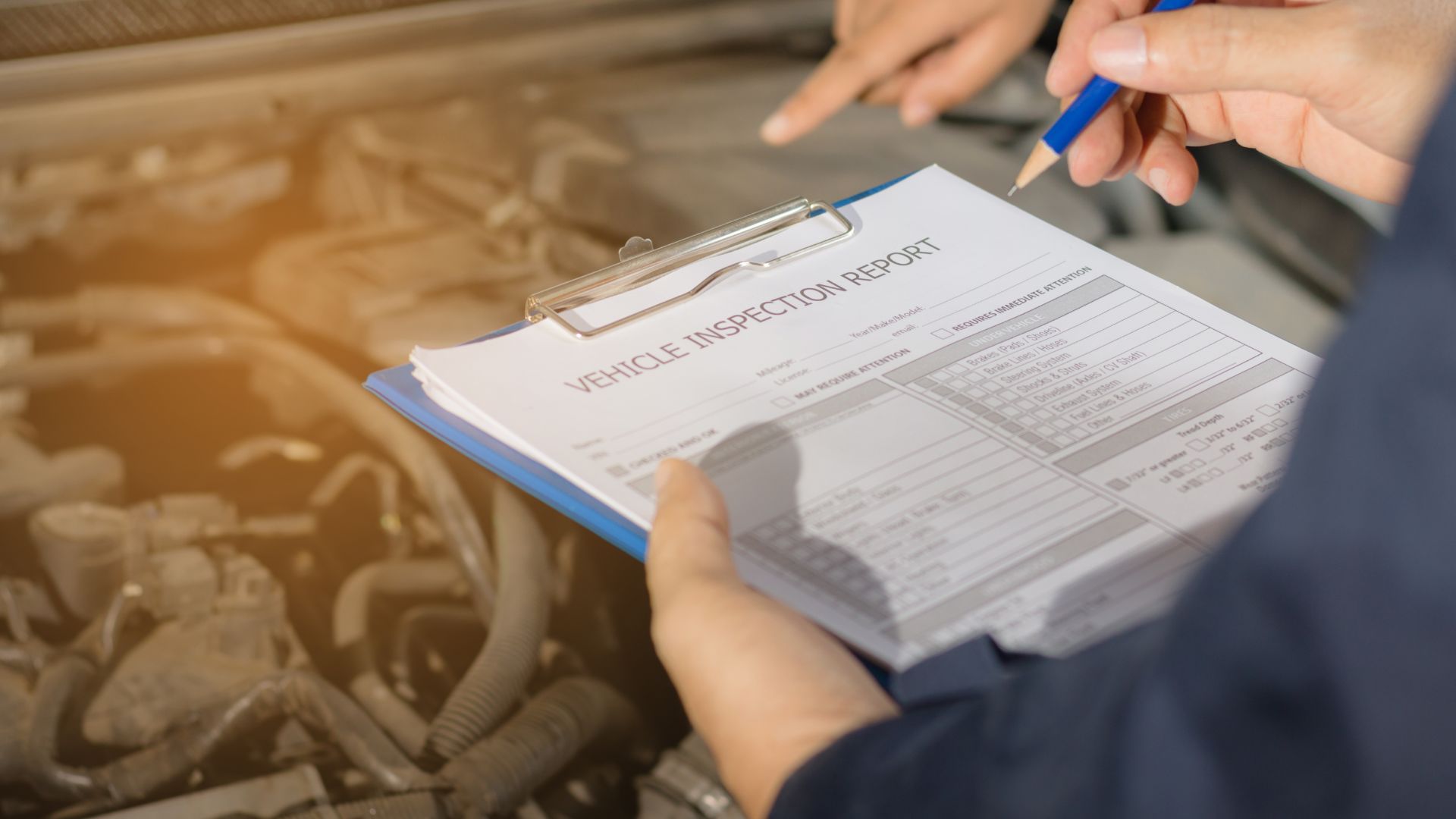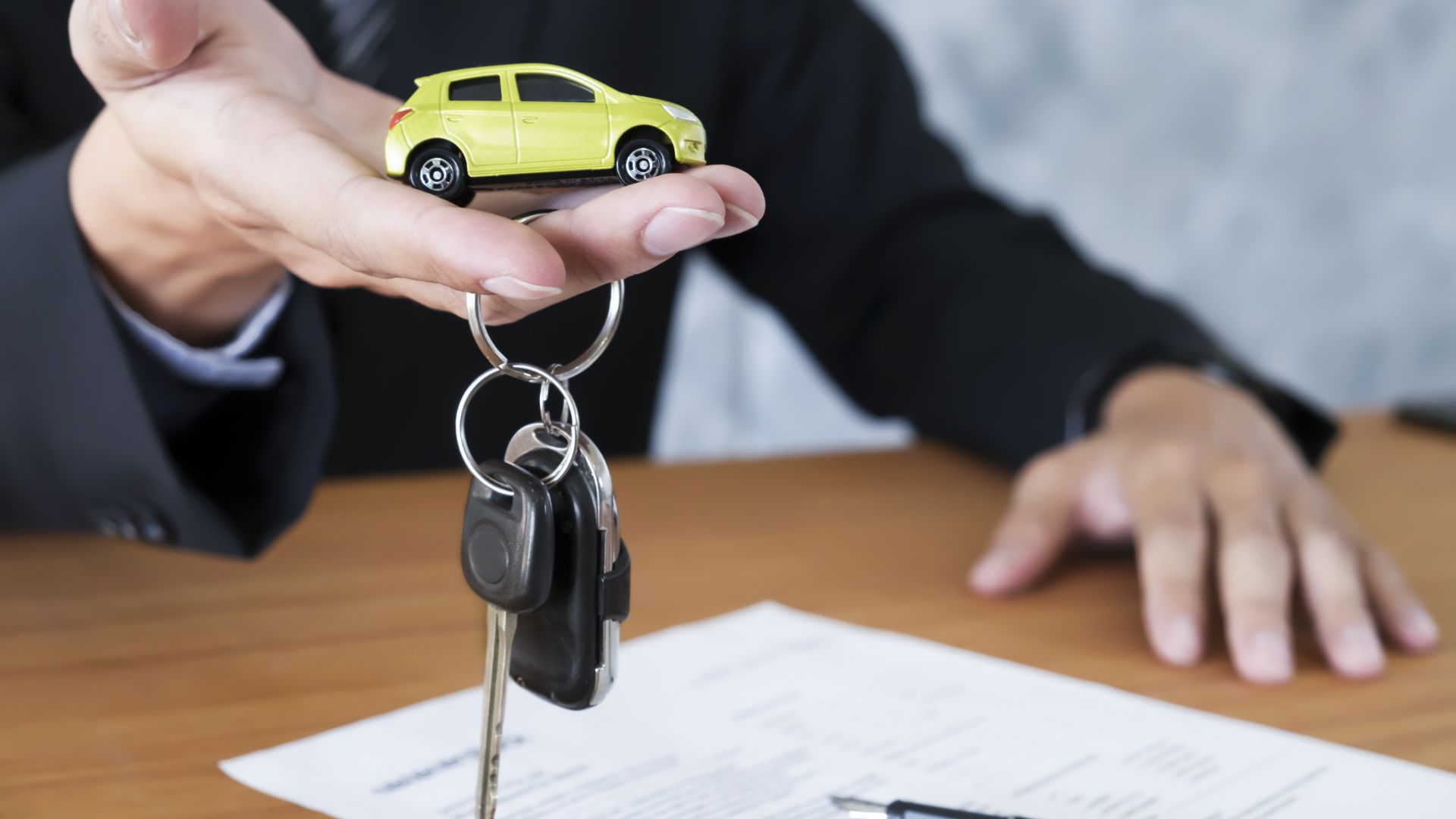
Personal Contract Purchase (PCP) and Personal Contract Hire (PCH) finance have enabled millions of motorists to drive a new car. PCP in particular has become hugely popular in recent years, with the vast majority of new private vehicles now bought this way.
There is a catch to PCP car finance, however. At no point, unless you pay the ‘balloon’ fee at the end of the agreement, do you actually own the vehicle on your driveway. You eventually have to give it back and that can mean unexpected costs. In this short guide, we look at the reasons for these – and how to avoid them.
This article was produced with help from DMN, a logistics company that completes thousands of car leasing inspections and collections every year.
Condition and equipment 
Just as you wouldn’t buy a dirty car that was missing pieces of trim or equipment, nor does a dealer want to take one back. Make sure your car is clean and complete on hand-back day.
For starters, you could face a car cleaning bill of at least £50. Spare keys and tyre inflation kits commonly incur fines if they are missing, too. A lost key could set you back £250 or more, while a missing tyre inflation kit might see you fined £120.
Another common item that people remove from their cars, never to return, is the parcel shelf. Supply the car with this fitted or face a potential fine of around £100.
Stamp that service book
Most of us would avoid buying a car without a proper record of servicing. It will thus reduce the car’s value – and cost you money at handover – if maintenance hasn’t been kept to the manufacturer’s schedule.
Charges begin in the hundreds of pounds for returning a financed car that hasn’t been serviced as required.
Don’t pile on the miles
Most, if not all, PCP and PCH contracts come with a mileage limit. Whether your annual allowance is 5,000 or 15,000 miles, you will feel the pinch if you exceed it.
Charges per excess mile can range from 4p to 72p, depending on the car, according to Parkers. That means a 10,000-mile per-year contract that you’ve exceeded by 6,000 miles could cost between £240 (for a Ford) and £4,320 (for a Bentley).
Follow the above advice and you should be fine. Keep the car clean and serviced, give it back without anything missing and watch your mileage.
To be extra sure – and this should go without saying – read the terms of your finance agreement very carefully before you sign on the dotted line. Do so well in advance, so you have time to prepare your car for its return.

“Experience tells us people often neglect the same things when it comes to end of vehicle contracts, which can often end up costing them unnecessarily,” said Nick Chadaway of DMN.
“It’s these small details which, potentially, can add up to costly outlays. With a little bit of foresight and planning, these pitfalls can be easily avoided, saving drivers money, time and stress.”
ALSO READ:
What does representative APR mean in car finance ads?